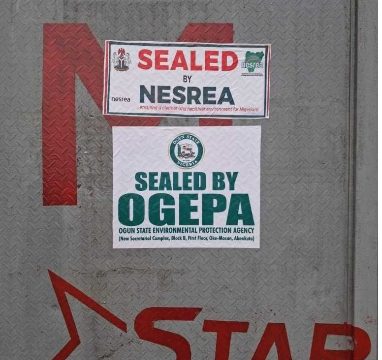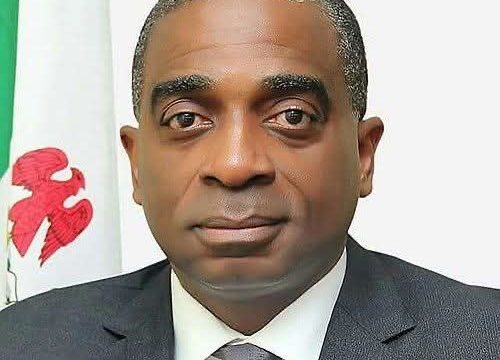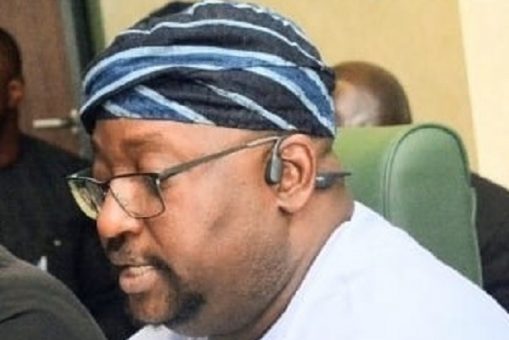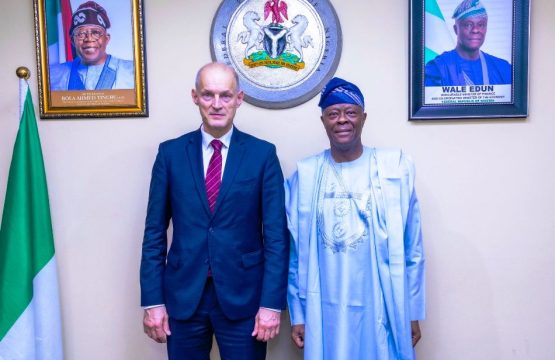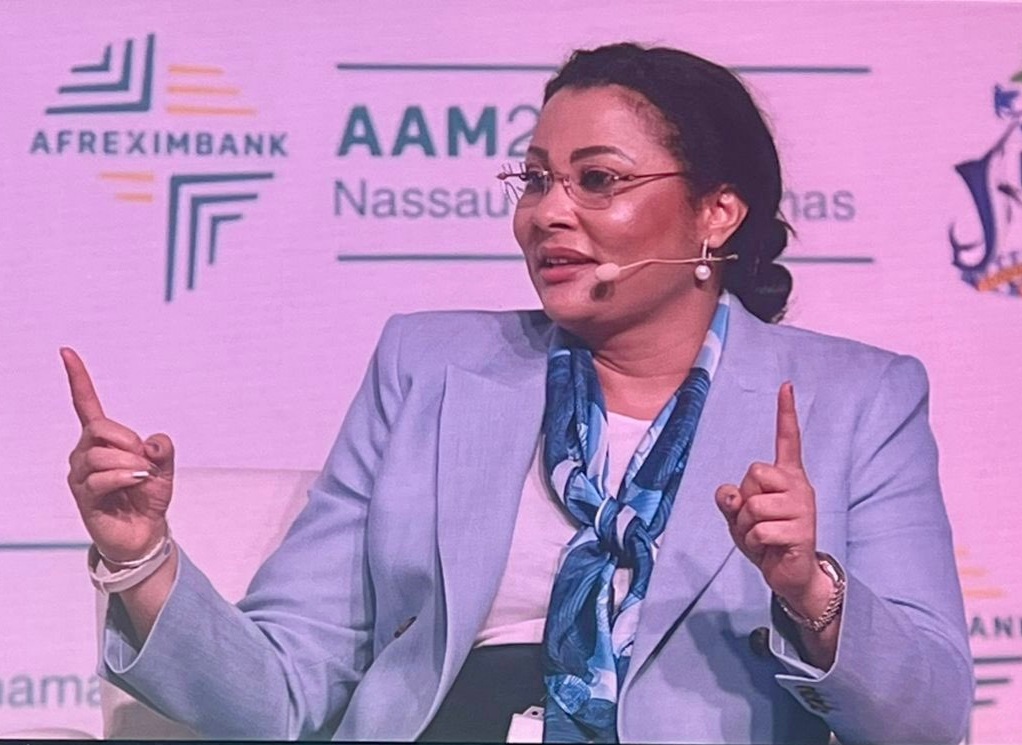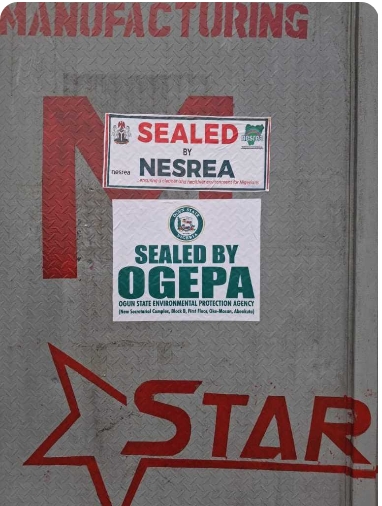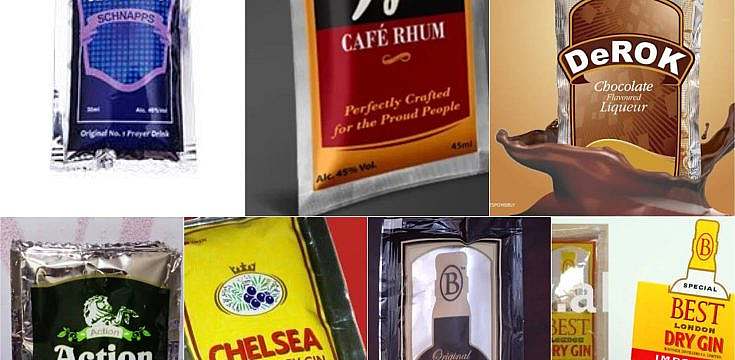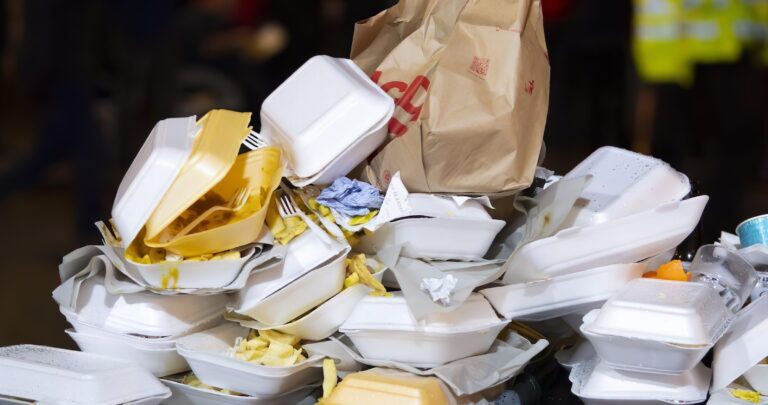▪︎Image of the Minister of Industry, Trade and Investment, Dr Doris Uzoka-Anite. Credit: X
On June 28, 2024, the Acting Executive Chairman of the Federal Competition and Consumer Protection Commission (FCCPC), Dr. Adamu Abdullahi, led the Commission’s investigators to storm three steel manufacturing firms in Ogun State to investigate an allegation of manufacturing of sub-standard products and other deceptive trade malpractices.
The affected companies are African Foundries Limited in Ogijo., Monarch Steel Mill Limited in Sagamu, and Kam Steel Integrated Company, also in Sagamu.
Abdullahi explained that the commission did this to protect the interest of consumers out of concern that buildings are collapsing and Nigerians are dying.
Therefore, “we are looking for any issue where they are cutting corners.
“Essentially, we received intelligence and surveillance reports that these companies are allegedly involved in anti-competitive behaviour.
That is the reason we decided to visit these three companies,”he said.
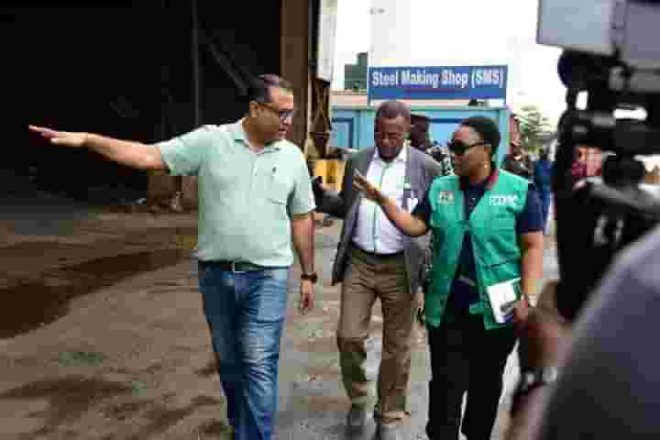
□ Acting Executive Chairman of the Federal Competition and Consumer Protection Commission (FCCPC), Dr. Adamu Abdullahi, led the Commission’s investigators to storm three steel manufacturing firms in Ogun State.
A comparison of the FCCPC functions with that of the Standards Organisation of Nigeria (SON), shows that clearly, there is duplication of functions between these agencies.
Apart from resolutions of complaints between the consumers and the manufacturers, the FCCPC Act 2018, mandates the Commission to carrying out surveillance and investigation of manufactured products quality for the protection of consumers when violation occurs.
The functions of Standards Organisation of Nigeria (SON) include but not limited to the following: investigating product quality, enforcing standards and sanctioning violators, monitoring the standard of imported and exported products, etc.
The FCCPC chief further elaborated that some iron manufacturers produced 10mm iron rods but labelled and marketed them as 12mm.
However, Abdullahi emphasised that the FCCPC was still in the information-gathering stage and had not yet found any of the companies liable.
“We are here to take samples of their products and review their records to determine if they are engaging in false, misleading, and deceptive practices,” he said.
Abdullahi, said that this malpractice is a significant contributor to building collapses in Nigeria.
” We are concerned about the safety of Nigerians, which is the essence of consumer protection. We need to ensure the safety of our population.
“We need to examine their processes to see if they are cutting corners. If they are, we will enforce the full extent of the law. That is why we are here.”
He also commented on the cooperation of the companies during the investigation, noting that all three firms were very cooperative.
“Their lawyers were involved, and our laws permit that,” he said.
However, Abdullahi emphasised that the FCCPC was still in the information-gathering stage and had not yet found any of the companies liable.
However, time and again, the manufacturing operators have been complaining of these regulatory overlaps existing among the following regulatory agencies:
FCCPC, SON, NAFDAC, Nigeria Agricultural Quarantine Service, Weights and Measures Department.
The others are the Federal Ministry of Environment, National Environmental Standards and Regulations Enforcement Agency (NESREA), State environmental protection agencies, localgovernment environmental units, and state waste management agencies.
Dr. Muda Yusuf, the CEO of the Centre for the Promotion of Private Enterprises (CPPE), said that the overlapping functions and activities of these agencies are”sources of avoidable distractions and signicant financial burden to investors.”
He noted: “In the logistics sector there are numerous regulatory and institutional irritations from multitude of agencies of state and non-state actors creating logistics nightmare for investors.
We have state VIO, FRSC, State traffic agencies, Police traffic units, local government traffic units, and there are state and local revenue generating agencies on highways as well as non-state actors.”

